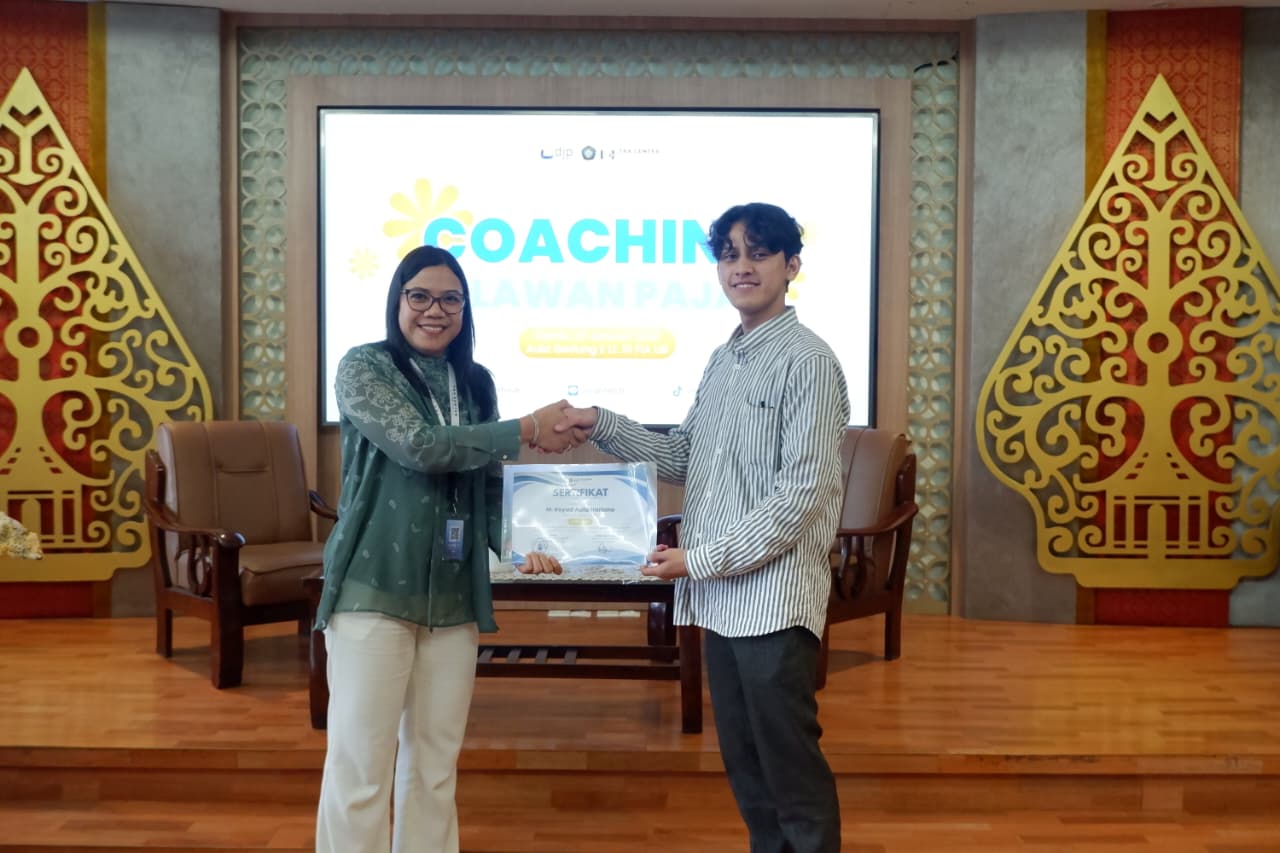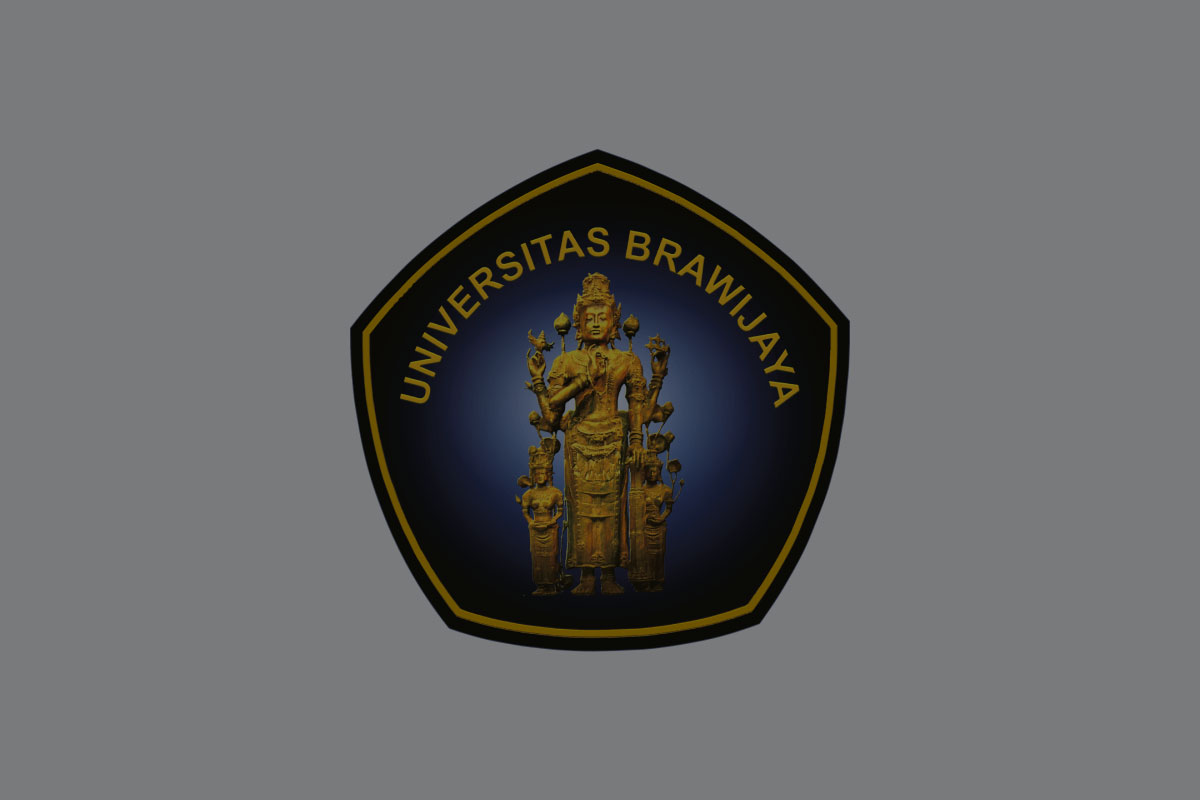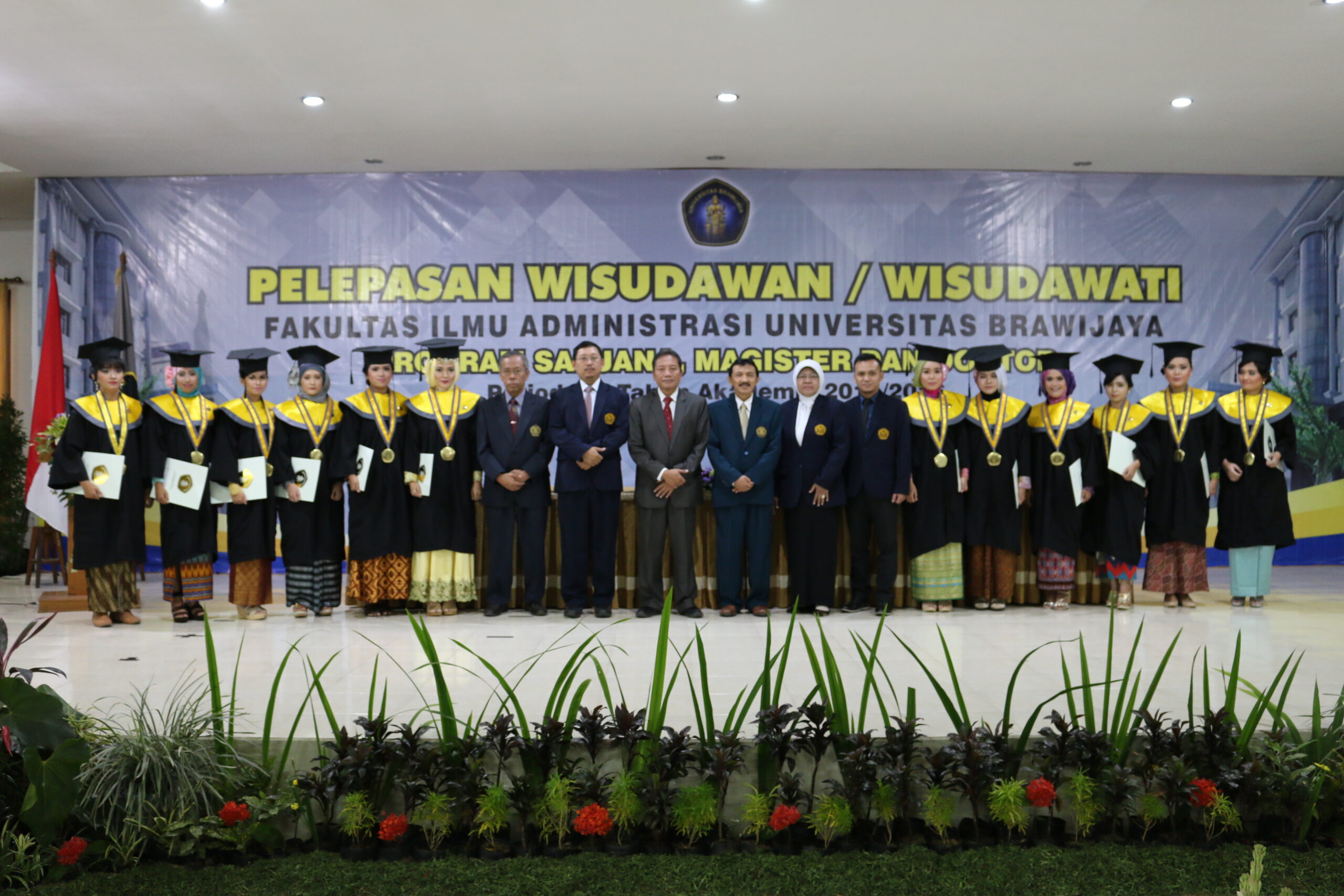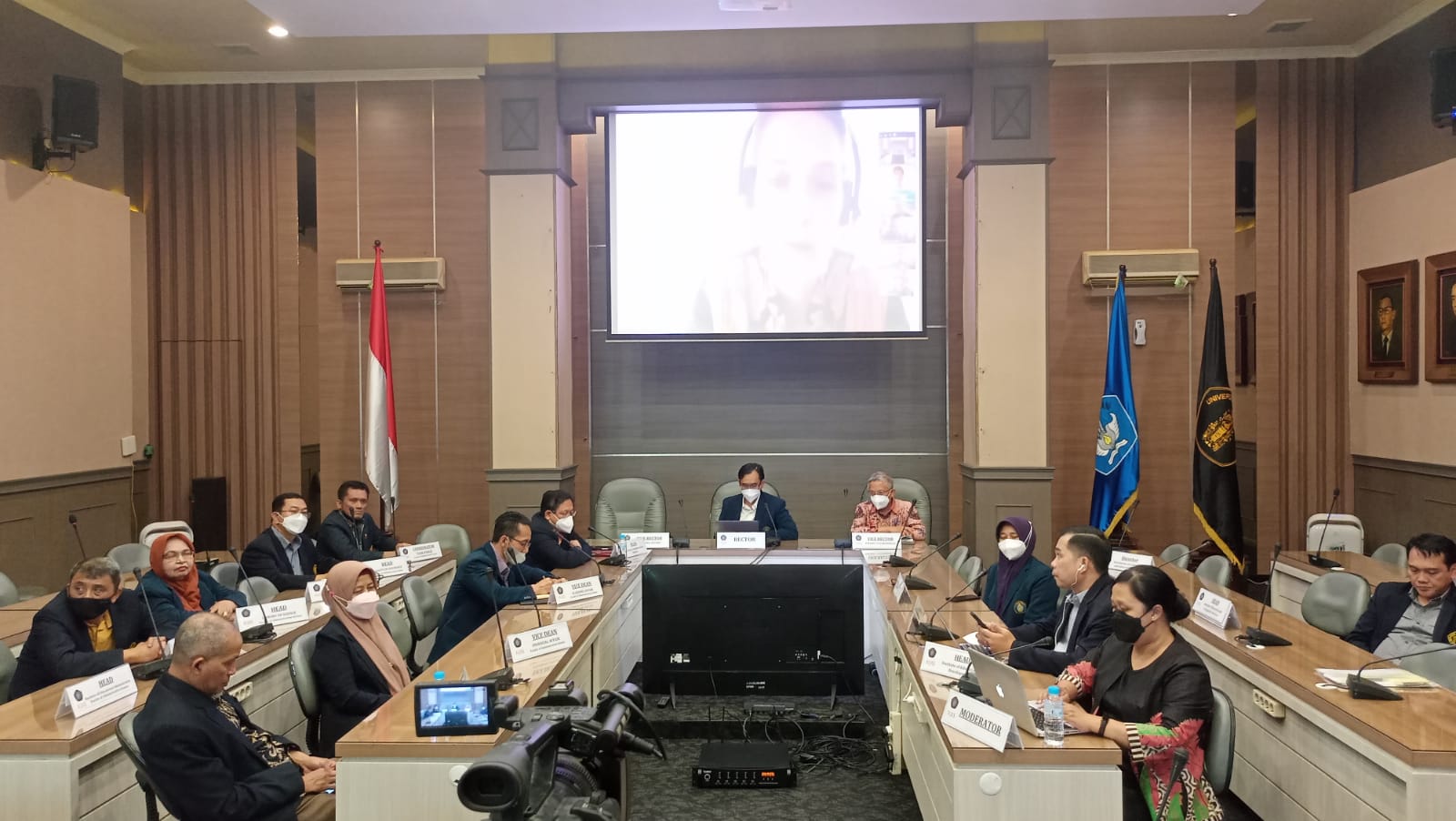The notion of a welfare state or welfare state must be the goal of all governance in any country, including in Indonesia. This can be achieved by issuing public policies that are oriented towards the welfare of the community. However, there are still many challenges that must be overcome if this idea is to be realized in Indonesia.
That's a glimpse of the idea conveyed by the Professor of FIA UB Prof. Dr. Agus Suryono, SU in a national seminar organized by the Indonesian Mandala College of Administration (STIAMI) on Saturday, August 23 2014. In the event which was held at the BPPT Jakarta Building, Prof. Agus Suryono delivered a paper entitled "Public Policy for People's Welfare".
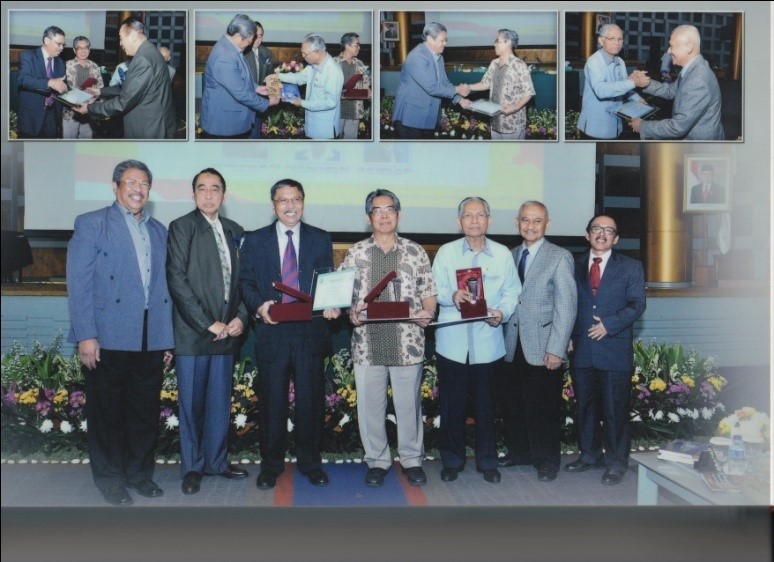
According to Prof. Agus, in order to achieve social welfare, management of APBN funds for state development needs to be carried out systematically starting from policy formulation, planning, budgeting, budget execution, administration, reporting as well as monitoring and evaluation. However, experience in Indonesia up to 69 years of independence shows that an integrated management mechanism like this has not yielded satisfactory results, one of which is the many incidents of corruption in several places which have disrupted the achievement of the country's goals. "Indonesia's ranking regarding corruption from 2001 to 2011 is still at a very alarming level. In 2011, Indonesia was ranked 100th along with 11 other countries namely Argentina, Benin, Burkina Faso, Djobouti, Gabon, Madagascar, Malawi, Mexico, Suriname and Tanzania. Meanwhile in the Southeast Asia region, Indonesia's score is far below Singapore, Brunei, Malaysia and Thailand," explained Prof. Agus.
Furthermore, Prof. Agus said that social welfare is an absolute obligation for the government to make it happen. Therefore, several steps are needed so that the community can prosper. "One of them is the development of a good Internal Control System or SPI in accordance with the concept good governance so that state finances can be supervised in order to realize these ideals, “explained the Professor of Development Administration.
(Full paper can be downloaded at Paper by Prof. Agus Suryono STIAMI.)

